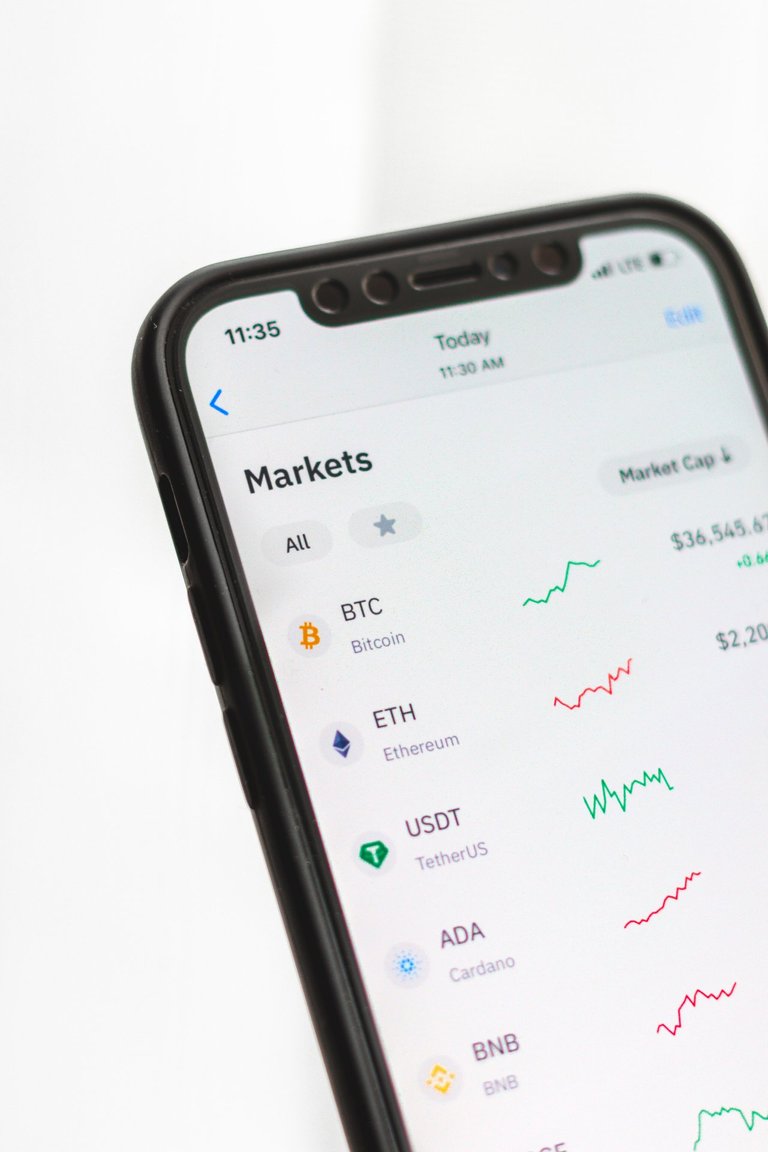Exploring the Diverse World of Cryptocurrencies
Cryptocurrencies have become a hot topic in recent years, with the rise of Bitcoin leading to a proliferation of new digital assets. However, while Bitcoin is undoubtedly the most well-known cryptocurrency, it is just one of many different types of digital currency. In this article, we will explore the diverse world of cryptocurrencies beyond Bitcoin, looking at some of the different types of digital assets that are currently available.
Firstly, it is important to understand that cryptocurrencies are fundamentally different from traditional fiat currencies, such as the US dollar or the euro. While fiat currencies are backed by a government or central bank, cryptocurrencies are decentralized, meaning that they are not controlled by any central authority. Instead, they are maintained by a distributed network of users who verify and process transactions.
One type of cryptocurrency that has gained popularity in recent years is Ethereum. Ethereum is a decentralized platform that enables the creation of smart contracts, which are self-executing agreements that can be programmed to automatically execute when certain conditions are met. This makes it a powerful tool for developers looking to build decentralized applications, or "dapps," that can run without the need for intermediaries or centralized servers.

Another type of cryptocurrency that has gained traction in recent years is Ripple. Unlike Bitcoin and Ethereum, which are primarily designed to be used as a store of value or a platform for decentralized applications, Ripple is focused on facilitating cross-border payments. Its network is designed to enable fast and low-cost transactions between different currencies, making it an attractive option for businesses looking to streamline their international payments...
Stablecoins are another type of cryptocurrency that has emerged in recent years. As their name suggests, stablecoins are designed to maintain a stable value relative to a fiat currency, such as the US dollar or the euro. This makes them an attractive option for those who want to use cryptocurrency as a means of payment or a store of value, but who are wary of the volatility that can be associated with other digital assets.
Finally, privacy coins are a type of cryptocurrency that has gained attention for their focus on anonymity and privacy. These coins are designed to ensure that users can transact without their personal information being revealed, making them an attractive option for those who value their privacy. Monero is one example of a privacy coin that has gained popularity in recent years
